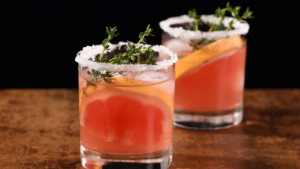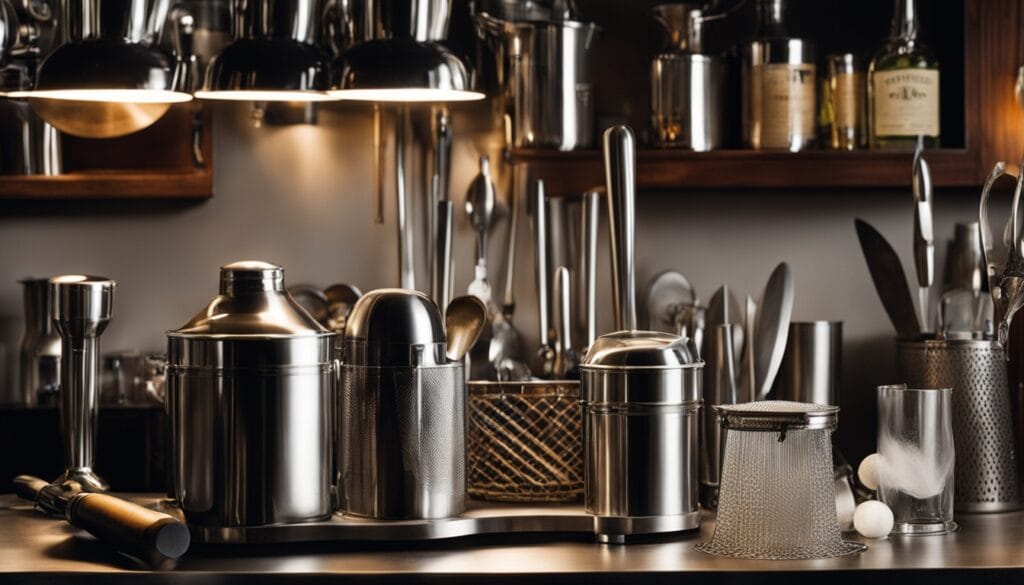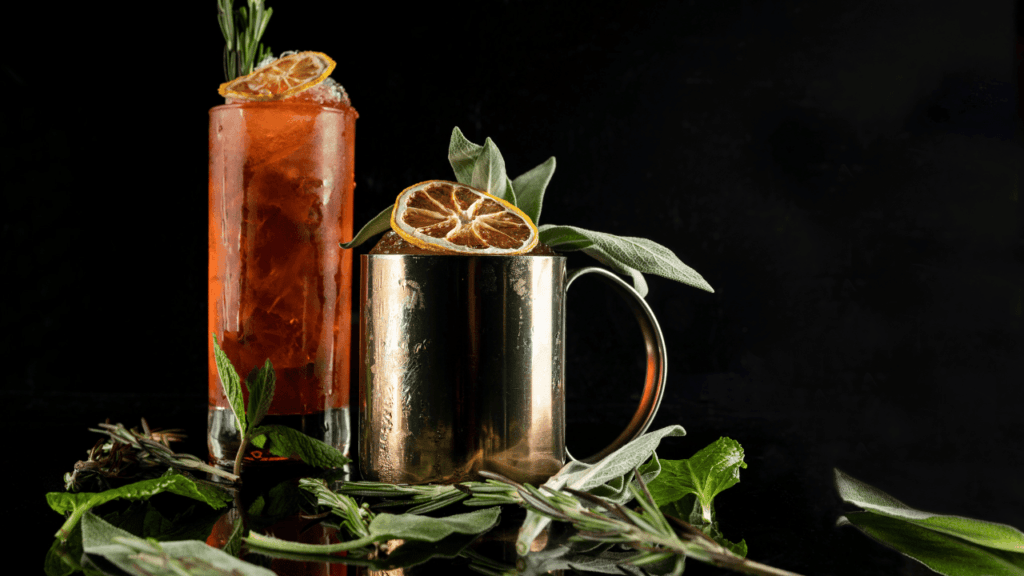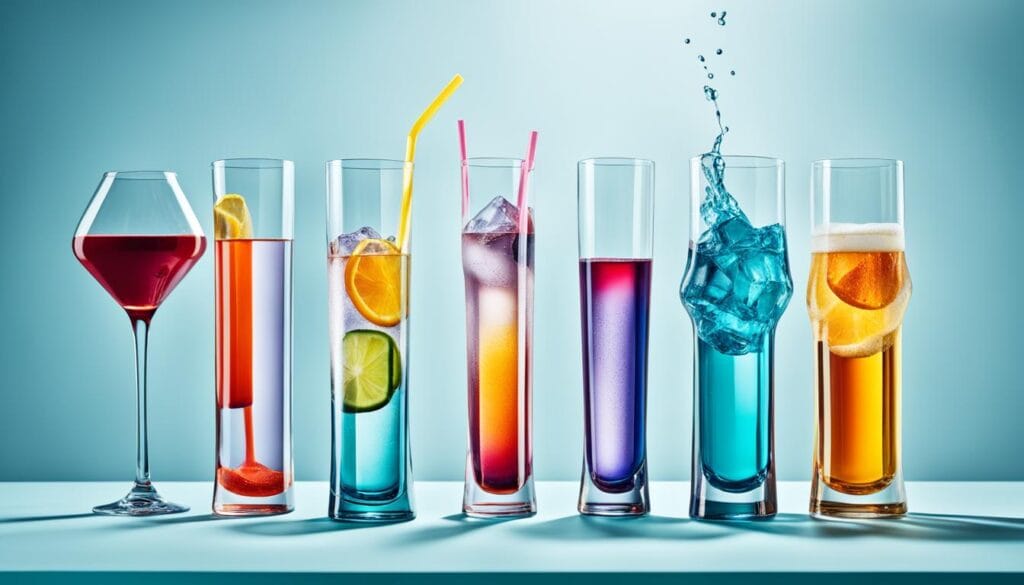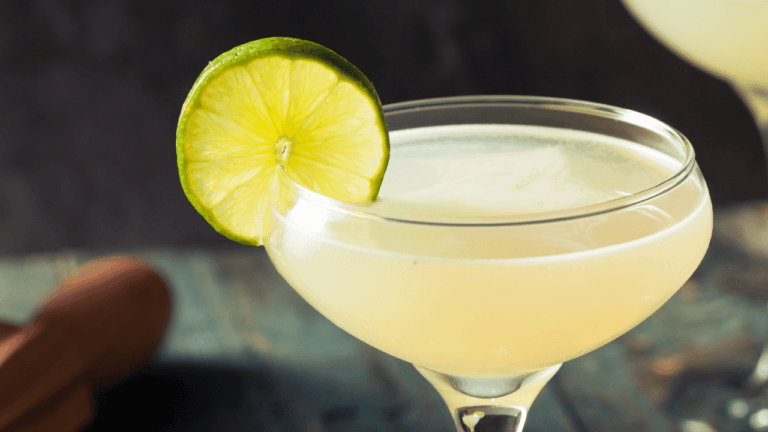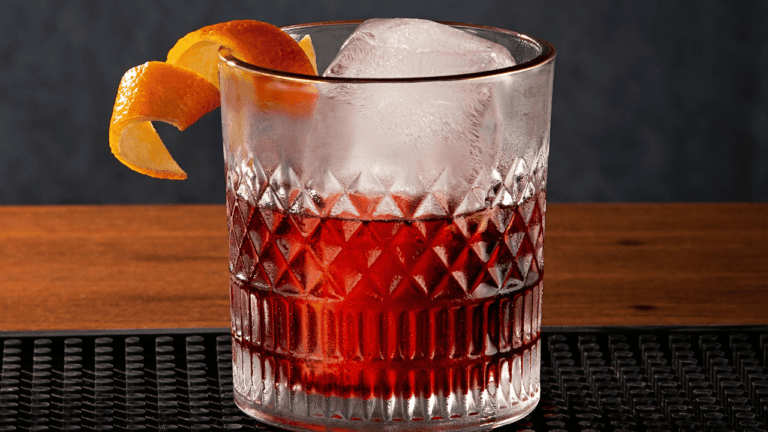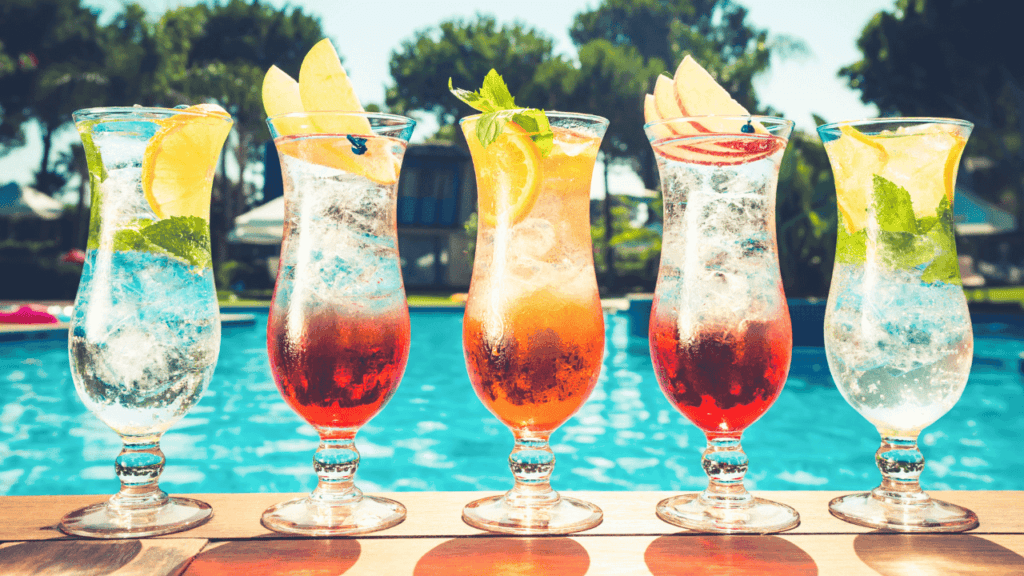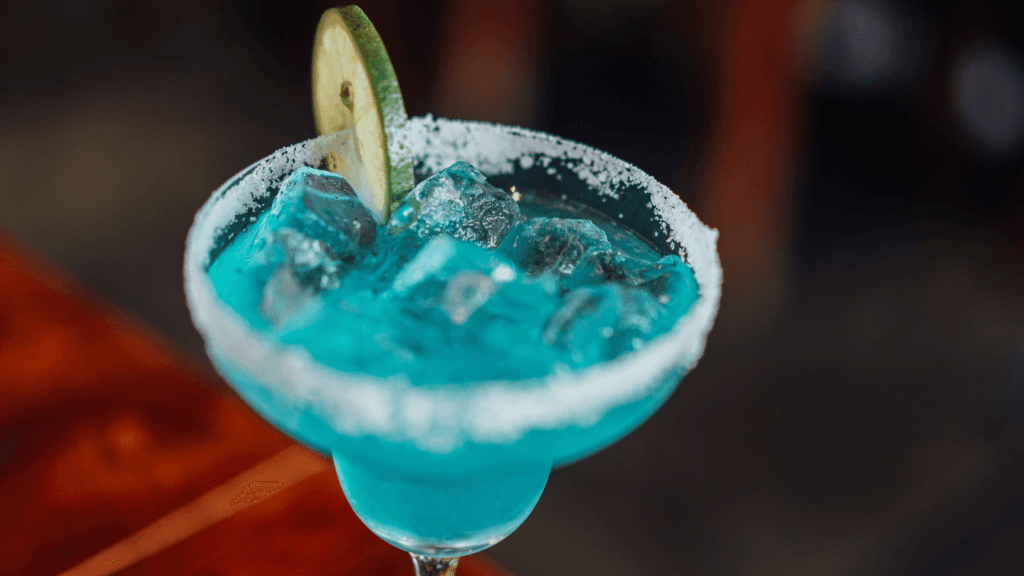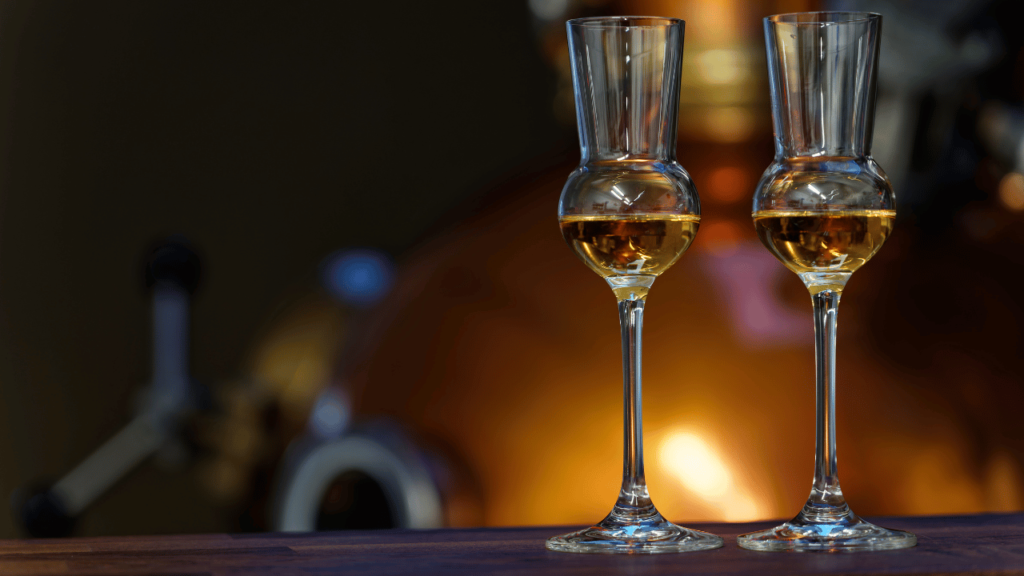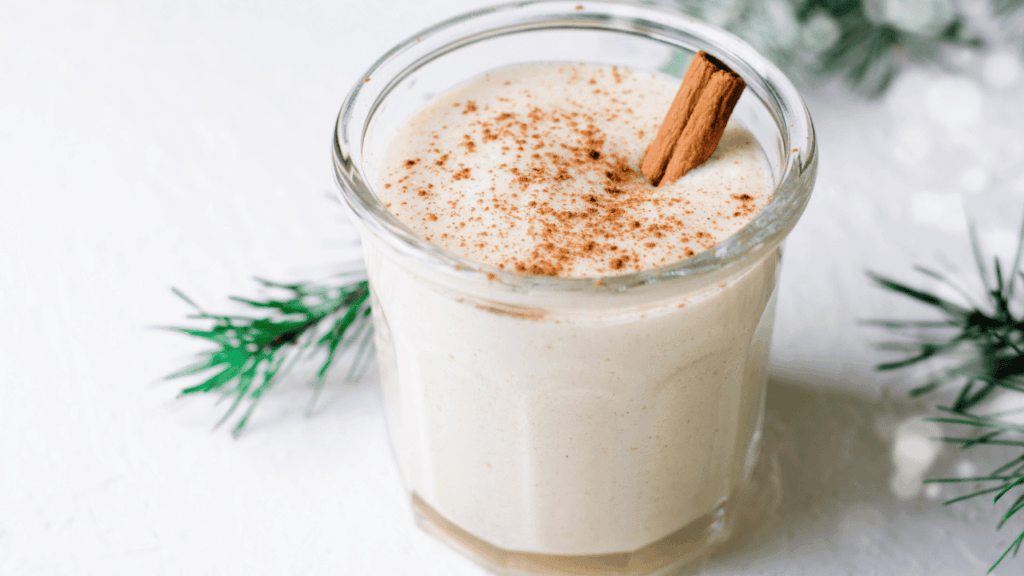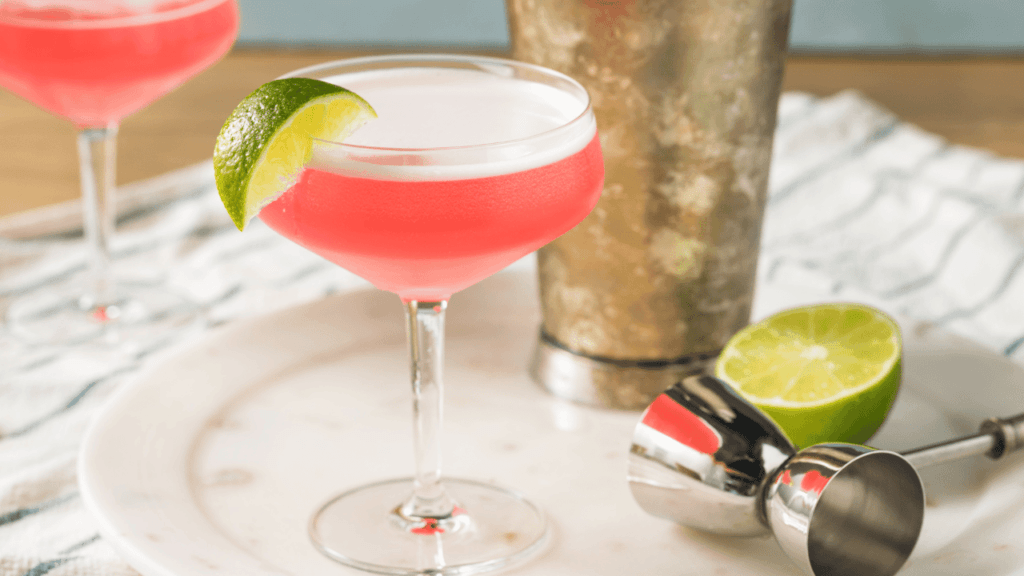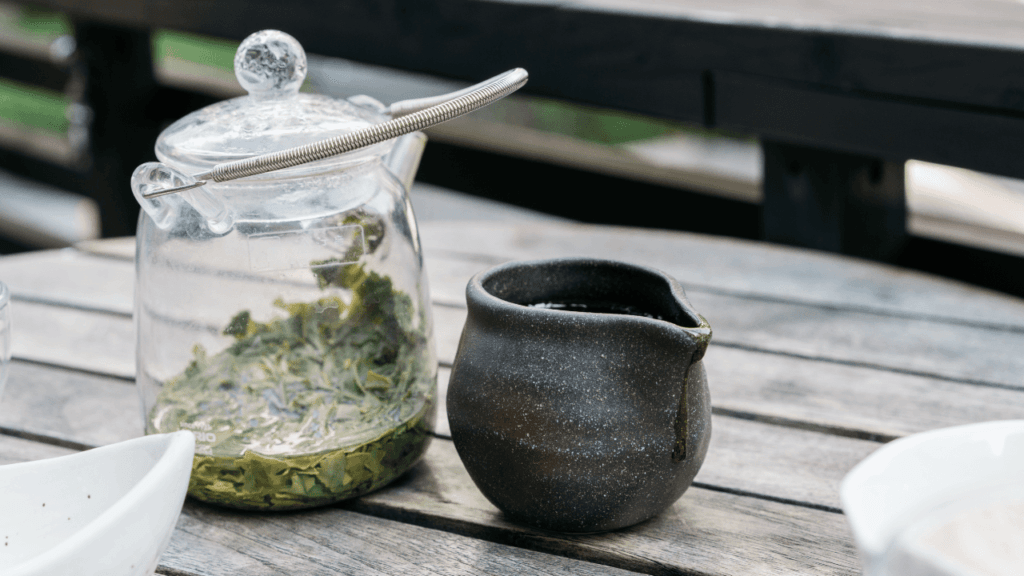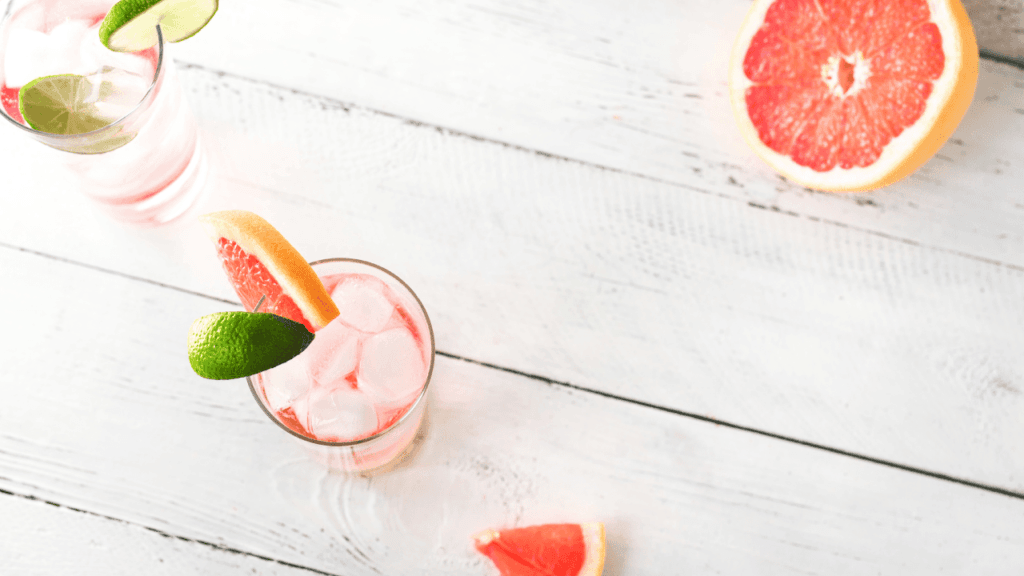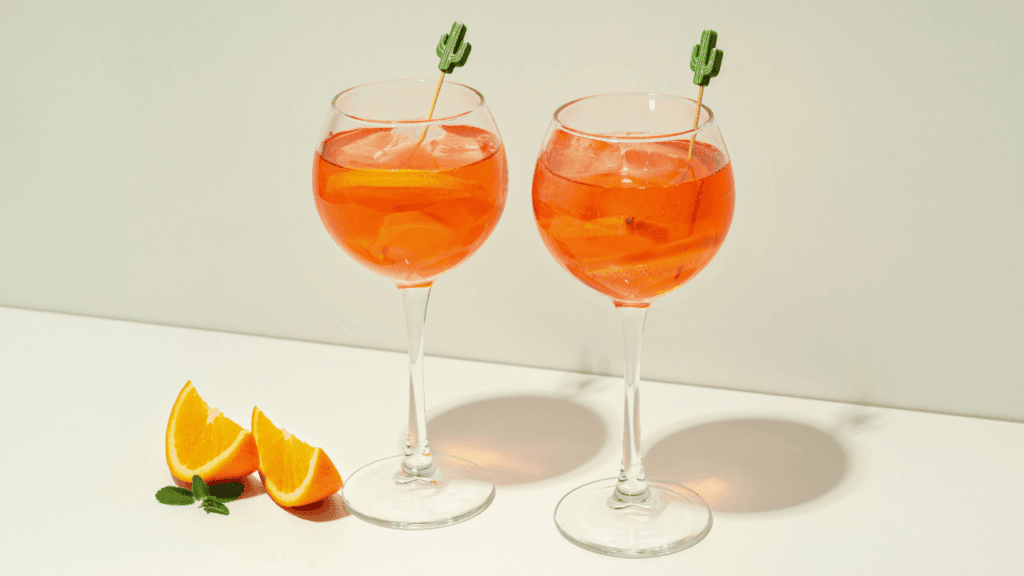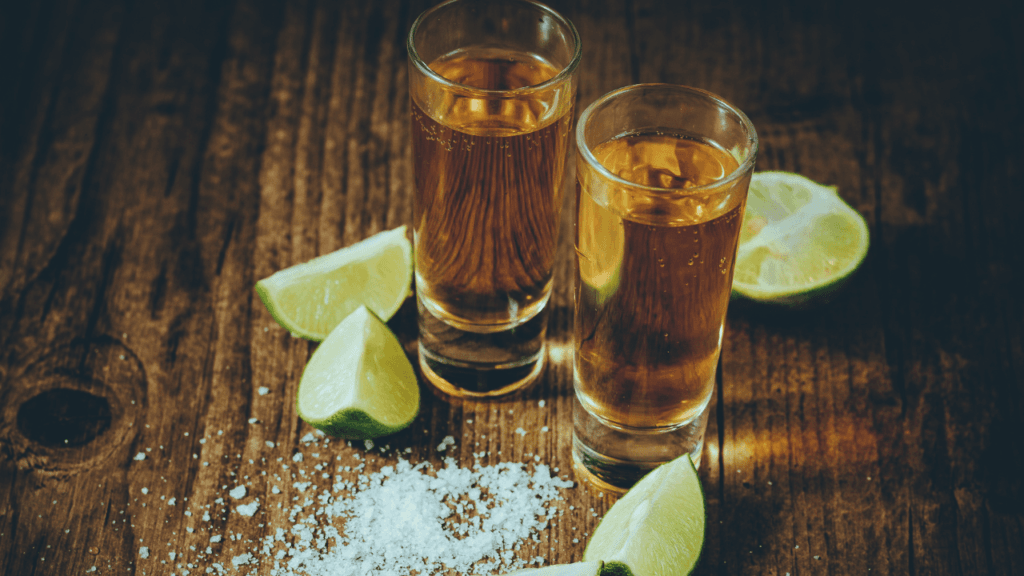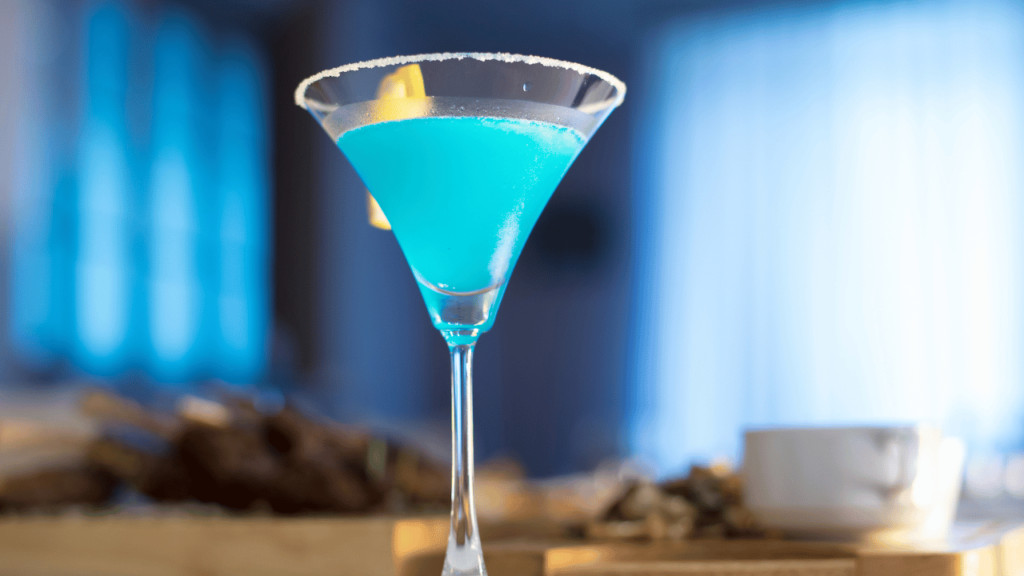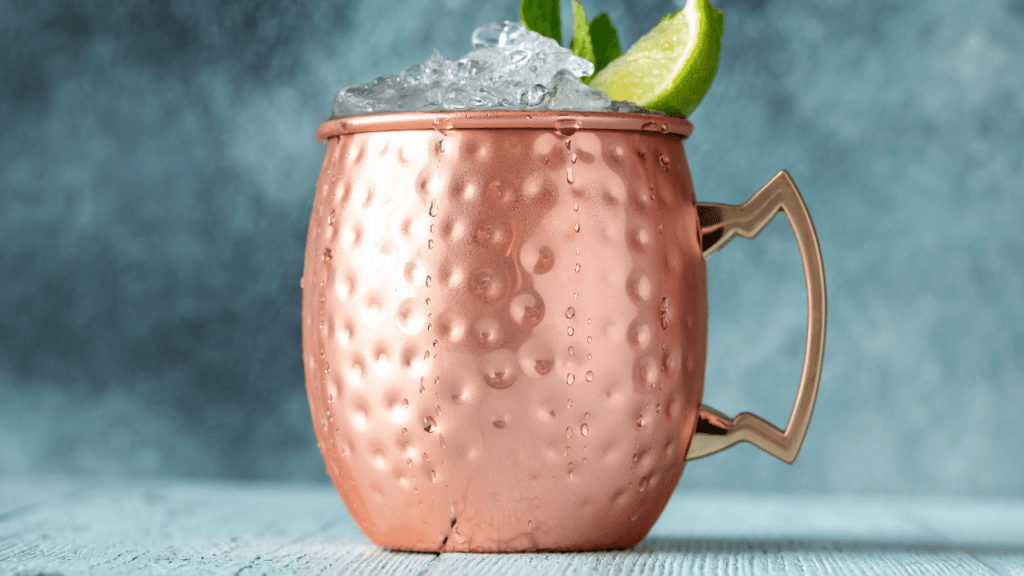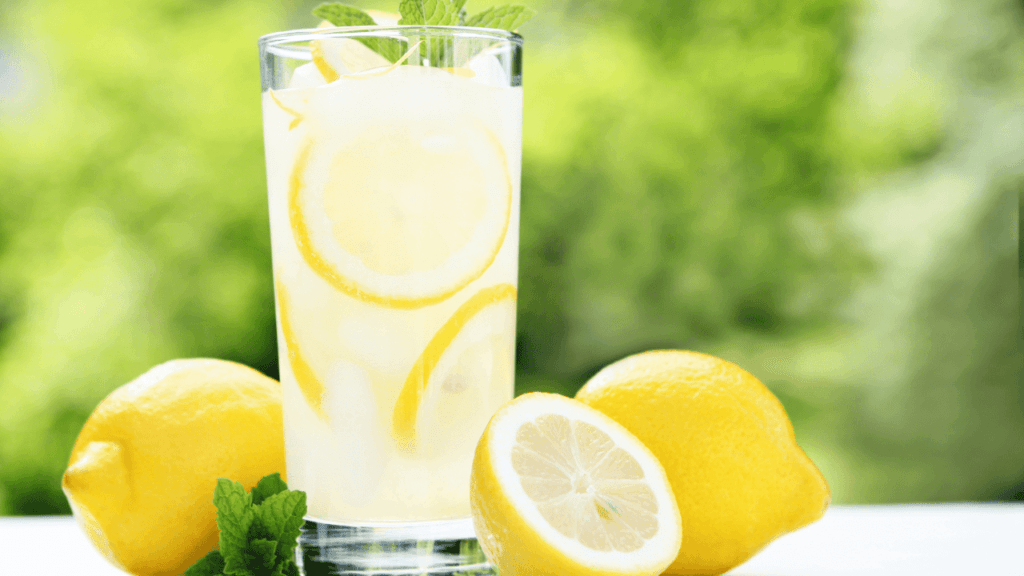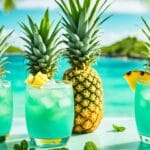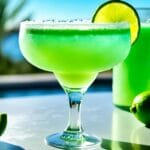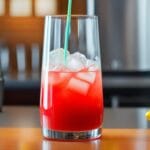Mixology is Art or Skill of making Cocktails is a cool mix of creativity and expertise that goes beyond just making drinks. It’s a space where experts create amazing cocktails by mixing flavors with care, using special methods, and focusing on how they look. This whole process turns simple things into amazing drinks. It makes drinking more than just something you do; it becomes a special moment.
The world of mixology is vast and full of interesting facts about making cocktails. From finding the right balance to how you serve it, each part is about creating something that sparks the senses. Bars that focus on craft cocktails are choosing ingredients that are good for the earth and support local businesses. This ties into a larger trend where customized drinks are as special as you are.
When you walk into one of these bars, you know you’re going to get something made just for you. It’s all about talking to the expert bartender and picking the best ingredients. This kind of service makes the experience amazing. Plus, it feels good to know the ingredients are top-notch.
Key Takeaways
- Dive into the world of mixology, where art meets skill in crafting Mixology is Art or Skill of making Cocktails.
- Explore the importance of local and seasonal ingredients in crafting eco-friendly cocktails.
- Understand the value of personalized experiences in the craft cocktail movement.
- Witness the resurgence of pre-Prohibition recipes and their influence on modern mixology.
- Identify how quality ingredients like hand-squeezed juices and house-made syrups elevate the cocktail experience.
Understanding Mixology: The Basics
Mixology is more than just making drinks. It’s about combining flavors to make a delicious experience in a glass. It’s different from bartending because it’s about getting creative with mixed drinks, not just serving the classics.
What is Mixology?
Mixology is all about expertly mixing drinks with care and creativity. The art of making mixed drinks is really about the attention to detail and the love for what you do. Knowing how to shake, stir, or blend isn’t enough. You’ve got to understand how flavors work together. This makes each sip special.
The History of Mixology
Mixology has a long history, starting with simple drinks hundreds of years ago. Now, it’s an advanced practice thanks to many years of creativity and innovation. Over time, mixologists have tried new things, from ingredients to how drinks are made.
This process has made mixology a top choice in the drink industry. It’s about combining old traditions with new ideas. This balance is what makes every cocktail a piece of art.
The Essential Tools of a Mixologist
For those who love mixology, having the right tools is key. Every tool helps ensure flavors mix well and drinks are accurate. With the right gear, bartenders can turn simple drinks into works of art.
The Must-Have Mixology Equipment
- Shakers: Both the Boston and Cobbler Shakers are great. The Boston Shaker is best for quickly cooling drinks.
- Jiggers: Being precise is crucial. Jiggers make sure every drop is just right.
- Muddlers: They’re for cocktails like Mojitos. Muddlers carefully press herbs while keeping flavors fresh.
- Strainers: A Hawthorne and fine strainer are perfect for smooth drinks. They catch any bits, leaving your drink silkier.
- Bar Spoons: Their design helps when pouring into different glasses. They’re important for serving and presentation.
How to Use Mixology Tools Effectively
Being good at making cocktails means using these tools well:
- Shaking: The Boston Shaker mixes and chills drinks. This makes flavors and looks better.
- Measuring: A jigger makes sure your mix is perfect. It’s key to balanced drinks.
- Muddling: The muddler gently crushes herbs to add flavor. It doesn’t overpower your drink.
- Straining: Use both strainers for smooth cocktails. They stop bits from getting in the way of your sip.
- Layering: For layered drinks, a bar spoon is essential. It makes serving cocktails beautiful and precise.
Knowing how to use these tools well makes a bartender’s job easier. The right skills and equipment help bartenders make drinks that are both delicious and stunning.
Mixology Techniques: From Classic to Contemporary
To be a great mixologist, you must understand both old and new ways. Traditional stirring and shaking are key to make drinks taste great. They mix everything perfectly, so your drink is just right.
Today, new techniques like using foams and freezing drinks with liquid nitrogen are popular. They make your drink look and feel different. This makes drinking a cocktail more fun and exciting.
Mixologists are always learning and coming up with new drinks. They know a lot about the history of making cocktails. Many work in bars or for companies that make alcohol. They are masters at blending flavors and making drinks look amazing with decorations.
Now, people expect to find unique drinks in all restaurants. Places like The Mill Kitchen and Bar in Atlanta, GA, are great examples. They change their cocktail menu every season with new tastes. This shows off the skill of mixologists. They know how to make drinks that people love.
Being a mixologist can lead to different salaries. On average, they make $32,440 a year in the U.S. Some can make as much as $82,500, though. Expert mixologists earn about $98,039 yearly. This shows how valuable their skills are. It can be a great job for those who love making drinks.
The Role of Ingredients in Cocktail Crafting
In mixing the perfect cocktail, quality ingredients are key. The Deck at Island Gardens is known for using top-notch ingredients. Their mixologists carefully choose everything, from base liquors to the freshest garnishes.
The Importance of Quality Ingredients
Quality ingredients lay the foundation for a great cocktail. Mixologists at The Deck put a high value on fresh, quality ingredients. This means every drink tastes amazing with a rich, vibrant flavor. They use fresh herbs, top-shelf spirits, and unique flavors to ensure excellence.
Sourcing and Selecting Ingredients
Choosing the best ingredients is crucial for perfect cocktails. At The Deck, mixologists search for the best components. They often use local produce and ethically sourced spirits.
This detailed process guarantees the highest quality in each drink. It creates a unique experience tailored to everyone’s taste.
Ice is just as important in crafting cocktails. The right ice affects the drink’s temperature and flavor. It’s a vital part of mixology that doesn’t get enough credit.
The Deck offers mixology classes and events for cocktail lovers. At these, people can learn about choosing ingredients and making drinks. They learn from skilled experts, who teach about innovative techniques and share their knowledge.
Focusing on quality ingredients, The Deck raises the bar in cocktail making. By choosing the best, they make drinking an experience that showcases their precise craft and dedication to excellence.
Mastering the Classics: Essential Cocktail Recipes
In mixology, classic cocktails are the foundation of new creations. To become a skillful mixologist, you should start with these traditional recipes. The Old Fashioned, Manhattan, Martini, Negroni, Margarita, and Daiquiri are key drinks to know. Each has its special ingredients and garnishes that make them something special.
For making these classics, a complete home bar is a must-have. Stock up on vodka, gin, rum, tequila, whiskey, and brandy. Don’t forget bitters like Angostura and Peychaud’s for a kick of flavor. Limes, lemons, olives, and herbs are also needed for the finishing touch. Knowing how to use tools like the Boston shaker and bar spoons is crucial for making flawless cocktails.
| Classic Cocktail | Ingredients | Garnishes |
|---|---|---|
| Old Fashioned | Bourbon or Rye Whiskey, Bitters, Sugar | Orange Twist, Cherry |
| Manhattan | Rye Whiskey, Sweet Vermouth, Bitters | Cherry |
| Martini | Gin or Vodka, Dry Vermouth | Olive or Lemon Twist |
| Negroni | Gin, Sweet Vermouth, Campari | Orange Twist |
| Margarita | Tequila, Triple Sec, Lime Juice | Salt Rim, Lime Wedge |
| Daiquiri | Rum, Lime Juice, Simple Syrup | Lime Wheel |
Getting the measurements right is crucial in mixing cocktails. Tools like Japanese jiggers are great for this. The way a cocktail looks and tastes matters a lot. Everything from the glass it’s served in to the garnishes used affects the experience. Trying out different twists on classics is a fun way to create your drinks.
Innovative Mixology: Modern Trends
The world of mixology is always changing. Now, it’s all about being green and using science to make drinks. This new wave is not just about making fancy cocktails. It’s a way to show love for our planet and to explore what we can do with a drink.
Today, places with new and cool mixologists are popping up. These experts are not just anyone making drinks. They are like scientists in bars and hotels, creating beverages in their special labs.
Sustainability in Cocktails
Sustainability is a big deal in mixing drinks these days. Mixologists are careful to not waste anything, using old stuff to make new, tasty drinks. This not only helps the earth, it also makes cocktails taste interesting and look cool.
More people are also choosing to drink less alcohol, going for drinks that are good for the body. This change is partly because of social media. It pushes the industry to think about the health and planet in making drinks.
Molecular Mixology Techniques
Now, let’s talk about the science of making drinks, or molecular mixology. It’s adding things like foams and gels to cocktails. You get to taste something really unique and see drinks that are like works of art.
And despite all the new stuff, some places still make their own liqueurs the old way. This mix of new and old shows the deep tradition in making cocktails. It also shows respect for the old cocktail classics, letting people enjoy flavors from different times.
| Trend | Description | Examples |
|---|---|---|
| Sustainability | Using upcycled ingredients and zero-waste practices | Eco-friendly cocktails with unique flavors; non-alcoholic drinks with adaptogens |
| Molecular Mixology | Innovative techniques involving foams, gels, and sub-zero temperatures | Cocktails with visual and flavor complexity; in-house liqueurs |
| Customer Influence | Trends shaped by social media and customer preferences | Increased demand for sustainable and health-conscious beverages |
Today, mixing drinks is a blend of new and old traditions. It’s not just about following the latest trends. It’s a journey to make cocktails an amazing experience. It’s a way to connect the past with the future in every sip.
Mixology is Art or Skill of Making Cocktails
Mixology is a fine mixture of art and skill that makes cocktails. It’s more than just making drinks. It’s crafting, knowing flavors, and showing them in beautiful ways. Since 1862, mixology keeps changing, making how we enjoy and make cocktails better.
In modern times, mixology training is booming, especially with COVID-19 starting. A detailed course might last one hour and include five key parts. It focuses on techniques like muddling and garnishing. It also explains types of drinks and how to make them look and taste great.
| Module | Content |
|---|---|
| Module 1 | Standard bar tools and their functions |
| Module 2 | Common liquors and cocktail categories |
| Module 3 | Popular cocktails and mocktails |
| Module 4 | Garnishing techniques to enhance visual appeal |
| Module 5 | Insights into starting a career in bartending |
The beauty of mixology shines in Module 4, where you learn garnishing to make drinks look amazing. Then, in Module 5, you get tips on starting a bartending career. It shows that being a great mixologist means having both talent and practical know-how.
Throughout the course, there are quizzes to check your progress. They make sure you understand and enjoy making cocktails. And if you pass, you get a certificate to prove you’ve learned a lot.
Top professionals in mixology teach in the course. They share their unique approaches, like using science in cocktails or making them with a twist. Their stories show the true beauty and skill needed in mixology. It proves that making cocktails is part art and part science, making it truly fascinating.
Becoming a Mixologist: Tips and Training
Starting a career in mixology mixes book learning with hands-on work. From classes to practice, each step helps you become a top-notch mixologist. You might sign up for certifications or learn on the job. Any way you learn, it’s key to growing your skills.
Educational Pathways for Aspiring Mixologists
Certification courses give you the basics of mixing drinks. They cover everything from making cocktails to working a bar. Culinary schools and hospitality programs often offer these. If you like learning online, check out virtual mixology classes. They let you learn at your own pace with videos and quizzes.
Going to mixology events and workshops is also helpful. You get to learn from pro mixologists up close. They share new tricks and trends, adding to your skills.
Hands-On Practice: Perfecting Your Craft
But, practical work is where you really hone your mixology. By mixing drinks often, you get to try out new flavors. Having the right tools, like shakers, is a must. Good tools help you pour the perfect drink.
Entering mixology contests is another good practice. It lets you show off your mixing abilities. Plus, these events can open doors to new job opportunities. Keeping up with the latest drink trends is key. This helps you always make drinks that both look great and taste delicious.
Conclusion
Mixology is Art or Skill of making Cocktails has journeyed far, from simple drinks to a respected craft. It combines the art of mixing with a deep dive into drink chemistry. Each drink, carefully crafted, becomes a unique experience.
The mixologist’s skill goes beyond spirits. They know about liquors, syrups, and the role of each fruit and herb in a cocktail. The right glassware enhances both how the drink looks and tastes. Ice itself is an important ingredient, keeping drinks cold and adding flavor as it melts.
Places like The Deck at Island Gardens show the peak of mixology. They use top-notch ingredients for every custom cocktail or mocktail. Mixology classes and events keep their skills sharp. This commitment to quality and creativity shows that mixology is both an art and a science. It’s a craft that honors tradition while pushing boundaries.

